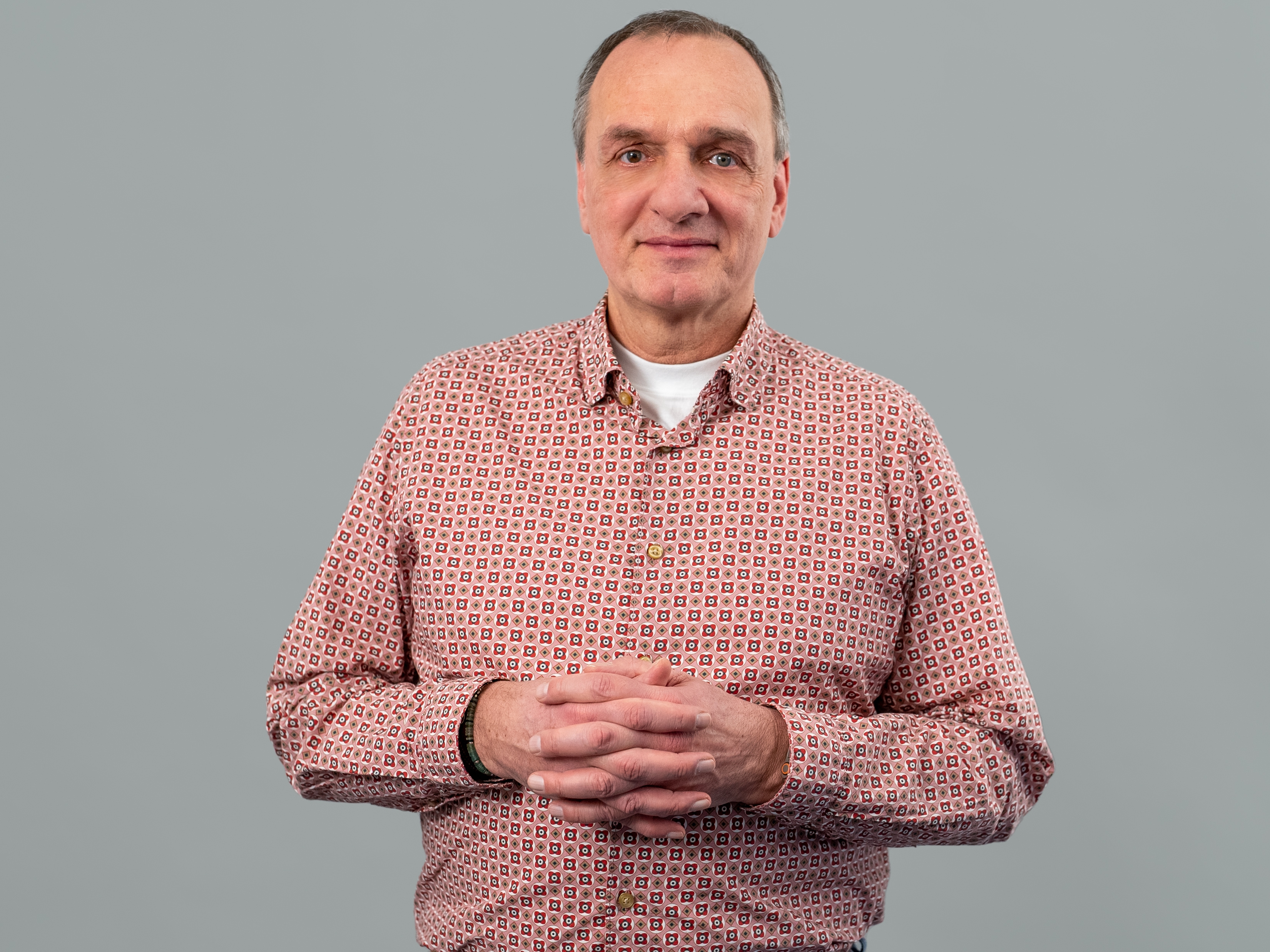Questions to the expert
Interview with BfR expert Hermann Broll on the International Conference on GMO Analyses and New Genomic Techniques:
Mr Broll, the International Conference on GMO Analysis and New Genomic Techniques will take place in March 2023. Who of the scientific community will gather here?
In terms of the global representation of international experts, this conference is only the second of its kind. The first took place in Italy in 2008. Since then a lot has happened , which is why many of the experts who were present 15 years ago are now coming together again. Many of them are scientifically based in molecular biology, but geographically they represent countries from all continents from France and England to Brazil, the USA, Canada, Mexico, South Africa, Nigeria, Cameroon and Japan, just to mention a few. This time, the event will be held in Berlin, Germany, organised by the German Federal Institute for Risk Assessment (BfR) together with the German Federal Ministry of Food and Agriculture (BMEL), the German Federal Office of Consumer Protection and Food Safety (BVL), the Julius Kühn Institute (JKI), the Joint Research Centre of the EU Commission (EU-JRC) and the Secretariat of the Convention on Biological Diversity (CBD) of the United Nations. As you can see, there is fortunately no shortage of global networking, because without it, this complex issue could not be addressed.
Genetic engineering has many different aspects that are discussed in different ways. On which aspect does the GMO conference focus?
That can be clearly specified. This conference will not be about regulatory, political or ethical issues around genome editing or genetic engineering in general. Our focus during these three days will be on in-depth scientific and technical presentations and working sessions on aspects of the identification and traceability of genetically modified organisms (GMOs) and the rapidly developing tools around DNA-based detection methods. There are many challenges to be discussed here. The conference will also contribute to capacity building for experts and laboratories involved in the detection and identification of GMOs and serves as platform of networking among regions as well as at global level. After all, only if reliable and transparent detection methods for GMOs are available enforcement laboratories is also able to verify the correct labelling of such products.
What insights do you hope to gain at the end of the conference?
When so many experts from top research come together and exchange their know-how, we will certainly have gathered many new impulses. To be able to combine these new approaches with already existing methods or to develop completely new approaches is the goal of the conference. The three days of discussions will hopefully inspire participants from so many countries to continue the work with fresh ideas. Reliable findings help everyone, so I hope that the discussions and results of the conference will form a scientifically sound technological basis to be able to check the labelling obligation of genetically modified food and feed even better in the future for the sake of consumer protection.